In a dramatic reversal, a government agency has formally declared President William Ruto’s Victim Compensation Task Force illegal, challenging the very foundation of a presidential initiative aimed at redressing victims of state excesses. The announcement, coming amid intense legal and political scrutiny, threatens to scuttle the task force’s operations and spark a constitutional showdown.
The Declaration That Shook the Task Force
Mr. Peter Njenga, acting on behalf of the state agency, told reporters that the task force lacks legal basis and was established without following proper statutory processes. According to the agency, no law empowers the Executive to unilaterally institute such a body to distribute compensation for human rights abuses — a function they say lies within the courts and existing statutory bodies.
Njenga warned that continuing to operate would expose the government to legal challenges, saying, “We will not recognize payments or actions taken by a body formed outside the framework of law.” Multiple court cases challenging the task force’s constitutionality already await judgment.
Already, the high courts have suspended compensation proceedings in several cases, citing jurisdiction and legality concerns.
LSK’s Defense, Gubernatorial Backlash & Legal Chaos
The Law Society of Kenya (LSK), which had publicly defended the task force’s legality, now finds itself entrenched in a bitter legal limbo. In earlier statements, LSK argued that the task force was justified as a remedial mechanism. But the agency’s turn in stark opposition has turned allies into antagonists.
Some counties whose governors backed the task force are already calculating losses: entitlement promises made to victims may now be vulnerable to judicial reversal or total cancellation.
Meanwhile, civil society groups aligned with victims have expressed shock and dismay. One advocacy leader questioned whether the government was backing away from responsibility under cover of legal maneuvering.

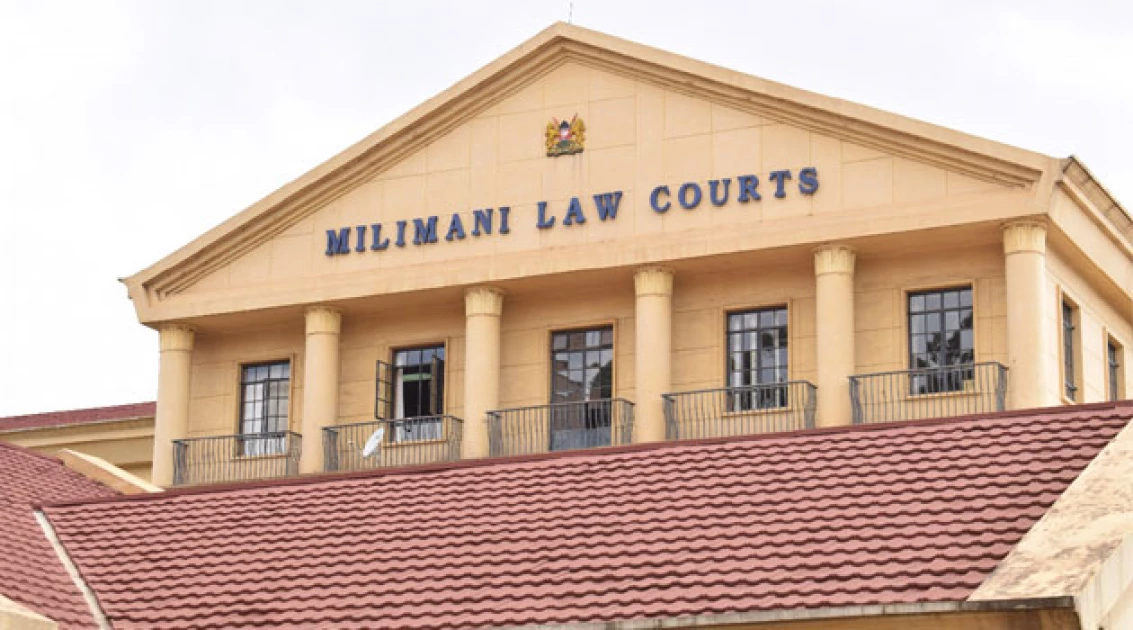

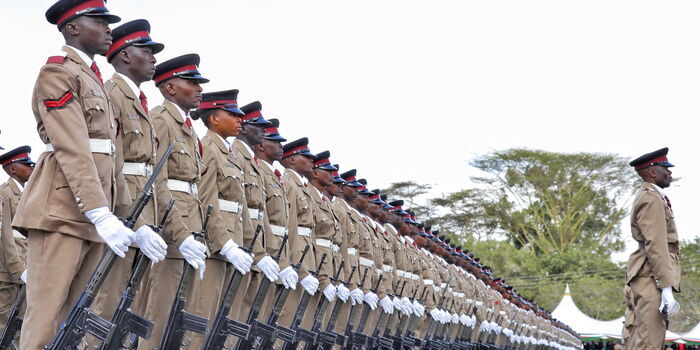
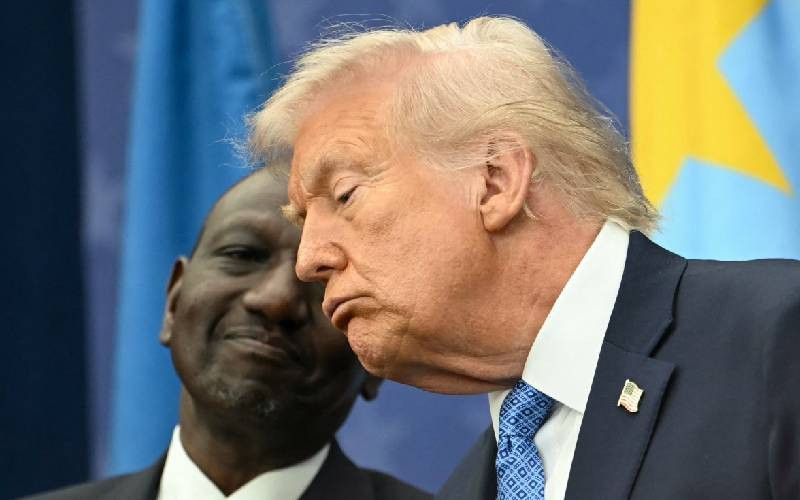
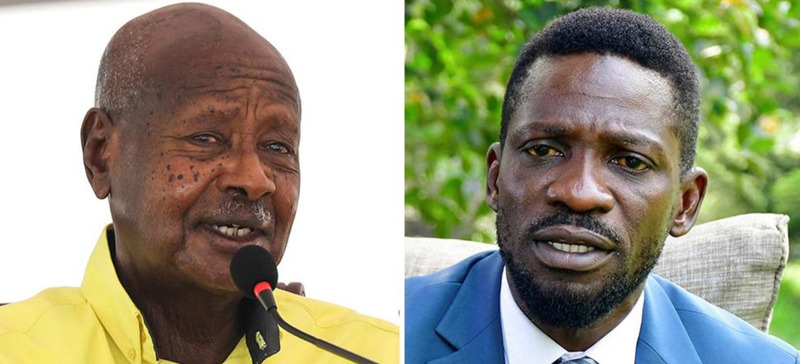
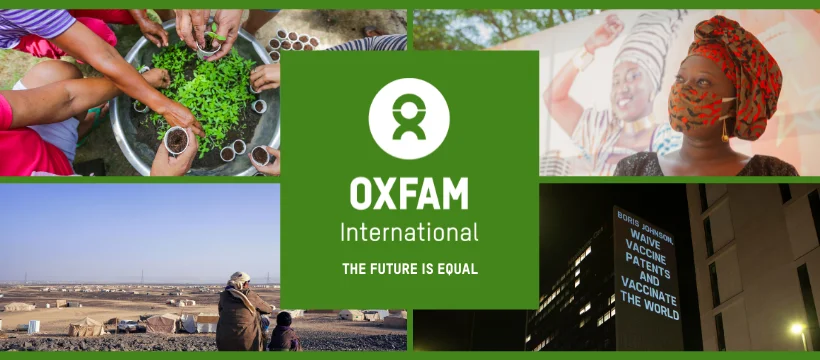

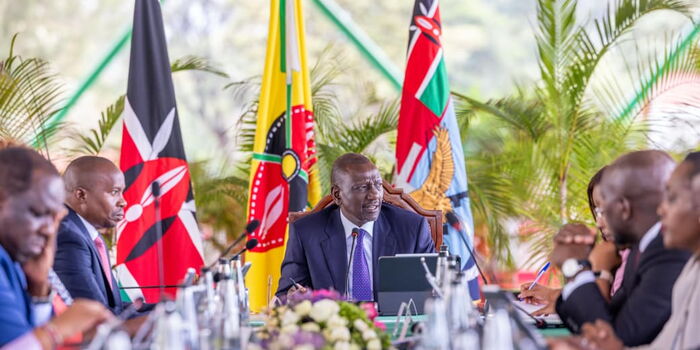
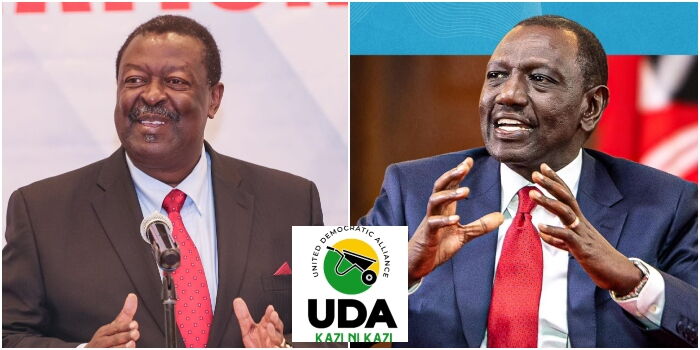
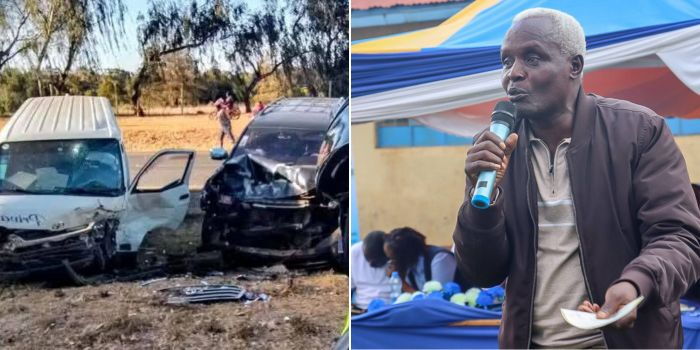

Leave a Reply